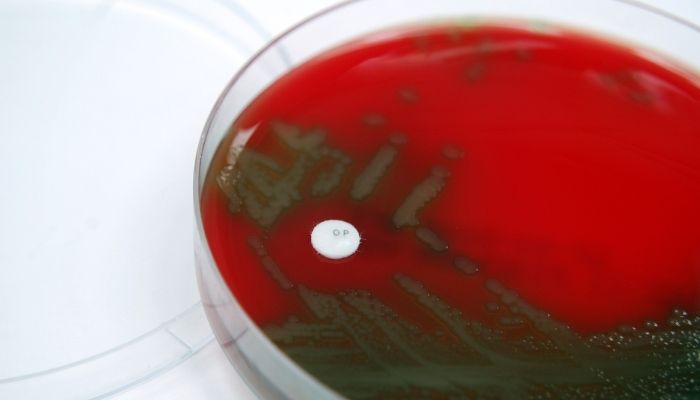Antibiotics are a group of medicines that are recommended by your doctor to fight against various bacterial infections. The markets are flooded with various types of antibiotics and each one is effective only against some particular bacteria. Here comes an antibiotic sensitivity test that particularly finds out the best treatment for you if you have a bacterial infection. Antibiotic sensitivity determines the most suitable antibiotic and its appropriate dosage to treat your bacterial infection.

The cost of the antibiotic sensitivity test is Rs.500 to Rs.2000, depending on your location and place.
Please check the price of the antibiotic sensitivity test in Delhi/NCR, your nearby centers and other details.
Summary of Antibiotic Sensitivity Test
| Also known as | Antibiotic Susceptibility Test, Sensitivity Testing, Antimicrobial Susceptibility Test |
| Test Type | Blood, urine, sputum, throat |
| Antibiotic sensitivity test includes | To check which antibiotic is suitable for you |
| Preparation | You may not need any special preparations |
| Reporting | Within 24-72 hours |
| Test price | The cost of the antibiotic sensitivity test is Rs.500 to Rs.2000, depending on your location and place. |
| Also included in | Health Insurance Plans |
| Related tests | Urine culture test |
Purpose of Antibiotic Sensitivity Test?
An antibiotic sensitivity test is often recommended to check what types of antibiotics are resistant to you. These resistant antibiotics are less effective or don't affect certain bacteria. With the help of this test, your doctor will give you the proper antibiotics to treat bacterial infections and illnesses.Here are some infections that could be antibiotic-resistant or are difficult to treat:
- Tuberculosis
- Methicillin-resistant Staphylococcus aureus (MRSA)
- Salmonella typhi or typhoid fever
- Clostridioides difficile or C. diff
- Pneumonia
Antibiotic sensitivity testing is beneficial for testing these antibiotic-resistant infections and will offer you the best treatment solutions so that you can combat your disease.
Potential Causes of Antibiotic Sensitivity?
Antibiotics are medicines that will extirpate bacteria. Each antibiotic can kill or treat only specific bacterial infections.Since people are using these antibiotics over the period, hence many bacteria have modified their genetic code to fight back against these medications. Resistant bacteria couldn’t kill by antibiotics. They usually thrive and can pass their resistance to other bacteria.
Overusing and misusing antibiotics may also lead to bacteria becoming resistant to that particular antibiotic. To prevent antibiotic resistance, you should follow the below-mentioned steps.
1. Only take antibiotics when required
If you are suffering from diseases caused by viruses like a cold or flu, antibiotics are not recommended.2. Take the recommended dosage of antibiotics
Even if you are feeling better, you must complete your course as prescribed by the doctor3. Don’t Take Leftover Antibiotics
Antibiotics are not useful in treating all bacterial infections. You must consume antibiotics that are specifically recommended for an infection.4. Try to avoid foodborne bacterial infections
Wash your hands properly before cooking. Ensure food safety before eating them.5. Wash your hands regularly
By washing your hands at frequent intervals, you can keep away many bacterial infections.If you are having an antibiotic-resistant infection, it could be an arduous job to treat. Your symptoms could be more severe and it may take a longer time for recovery. Antibiotic sensitivity testing will help your doctor to find an efficacious treatment for your infection.


